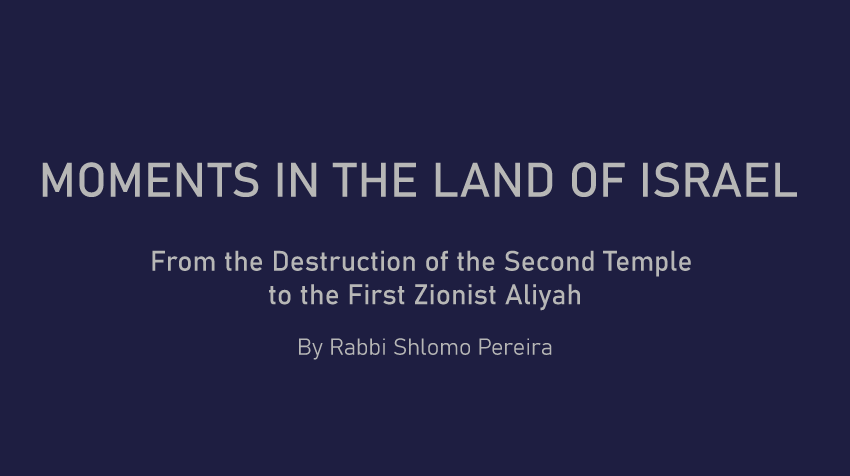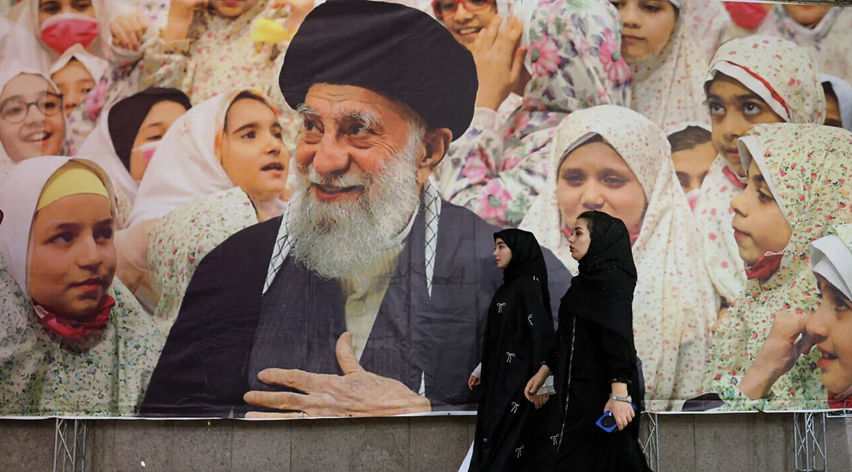Highlighting the permanent Jewish presence and the relevance of Jewish contributions in Eretz Israel as well as the continuous connection between Diaspora Jews and Eretz Israel throughout the centuries between the Destruction of the Second Temple and the onset of modern Zionism, through a series of one-page notes distributed weekly.
DID YOU KNOW THAT... during the 1100s and 1200s a number of very prominent rabbis made Aliyah, often with their family and followers? These include, in 1141, R. Yehuda Ha-Levi [c.1075-1141] the great poet and philosopher from Toledo, Spain, who according to legend died upon arrival in Jerusalem; in 1209-1211, a group of three hundred prominent rabbis and leaders from France, the Aliyah of the Tosefists led by R. Shimshon of Sens [c.1150-c .1230], R. Yonatan Ha-Kohen of Lunel [c.1135-c.1210] and R. Baruch of Worms [1170-1211]; in 1260, R. Yechiel ben Yosef [1190-1268] from Paris, France who settled in Acco and reopened there his Grand Yeshiva of Paris; in 1268, R. Moshe ben Nachman [c.1194-c.1270], the great Torah, Talmudic, and Kabbalistic sage from Gerona, Spain, who revived Jewish life in Jerusalem before moving to Acco; and in 1286 the failed attempt of the ashkenazi luminary R. Meir of Rothenburg, Germany [1215-1293] who was arrested before being able to set sail from Italy to Israel. There is a quandary as to the motivation behind these efforts to move to the Land of Israel. Obviously, life in Europe at the times was very difficult and dangerous for Jews. However, in reality conditions in Israel were not much better, and in some aspects were even worse. This brings to the forefront the relevance of the religious dimension of the decision to make Aliyah. These rabbis and their followers, as well as the myriads of Jews who anonymously moved to Israel during this period, showed with their actions that they considered living in the Holy Land a superior spiritual alternative despite all the material personal sacrifices and hardships expecting them. By the late 1200s, however, the situation in Israel greatly deteriorated as a result of the fierce battles in Israel between the Crusaders and the Muslims that would culminate with the end of the Crusader period and the beginning of the Mamluk rule in 1291. This, rendered Aliyah highly impractical for some time.


































